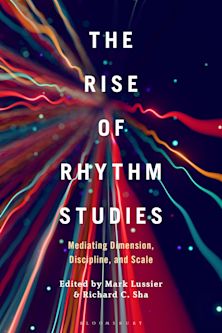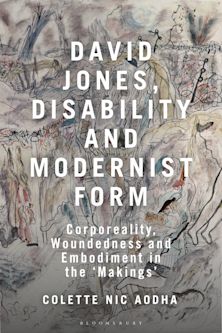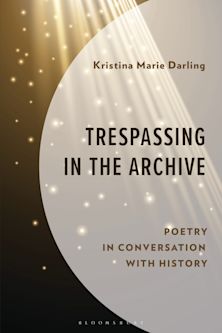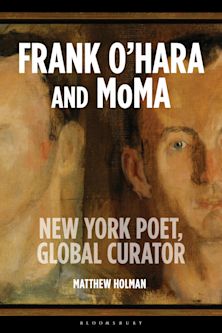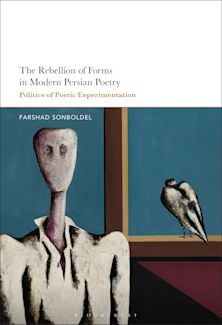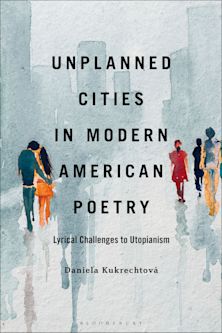- Home
- ACADEMIC
- Literary Studies
- Poetry and Poetics
- A Study of Intertextuality in Mohja Kahf’s "E-Mails from Scheherazad"
A Study of Intertextuality in Mohja Kahf’s "E-Mails from Scheherazad"
The "Odalisque” Gazes Back
A Study of Intertextuality in Mohja Kahf’s "E-Mails from Scheherazad"
The "Odalisque” Gazes Back
You must sign in to add this item to your wishlist. Please sign in or create an account
Description
In this book, Hamida Riahi explores the powerful use of intertextuality in Mohja Kahf's E-Mails from Scheherazad, focusing on how parody and allusion work to deconstruct Orientalist discourses surrounding Muslim women.
Through a parodic rewriting of The Thousand and One Nights, the Shakespearean sonnet genre, and Matisse's paintings, Kahf dismantles reductive stereotypes imposed on Muslim women and revises the dominant Western narratives that portray Muslim women as oppressed and voiceless. Riahi explores how the Kahf draws upon allusion to Islamic history and the Qur'an, invoking iconic figures such as Aisha, Khadija, Esther, Zuleika, and others, to offer a counter-narrative that challenges both Western feminist perspectives and entrenched patriarchal views. Through this dual approach, Kahf not only critiques the historical and cultural misconceptions imposed by the West but also affirms the rich, complex identities of Muslim women. The author's examination provides a fresh perspective on the intersection of postcolonial feminism, Islamic feminism, and literary innovation.
Table of Contents
Introduction
Chapter One
Islamic Feminism
Chapter Two
Parody: Dismantling the Paradigm of the Oppressed Muslim Female
Chapter Three
Allusion: The Journey Back in Time
Conclusion
Bibliography
About the Author
Product details

| Published | 04 Sep 2025 |
|---|---|
| Format | Ebook (Epub & Mobi) |
| Edition | 1st |
| Extent | 120 |
| ISBN | 9781666969900 |
| Imprint | Bloomsbury Academic |
| Publisher | Bloomsbury Publishing |
About the contributors

ONLINE RESOURCES
Bloomsbury Collections
This book is available on Bloomsbury Collections where your library has access.



















